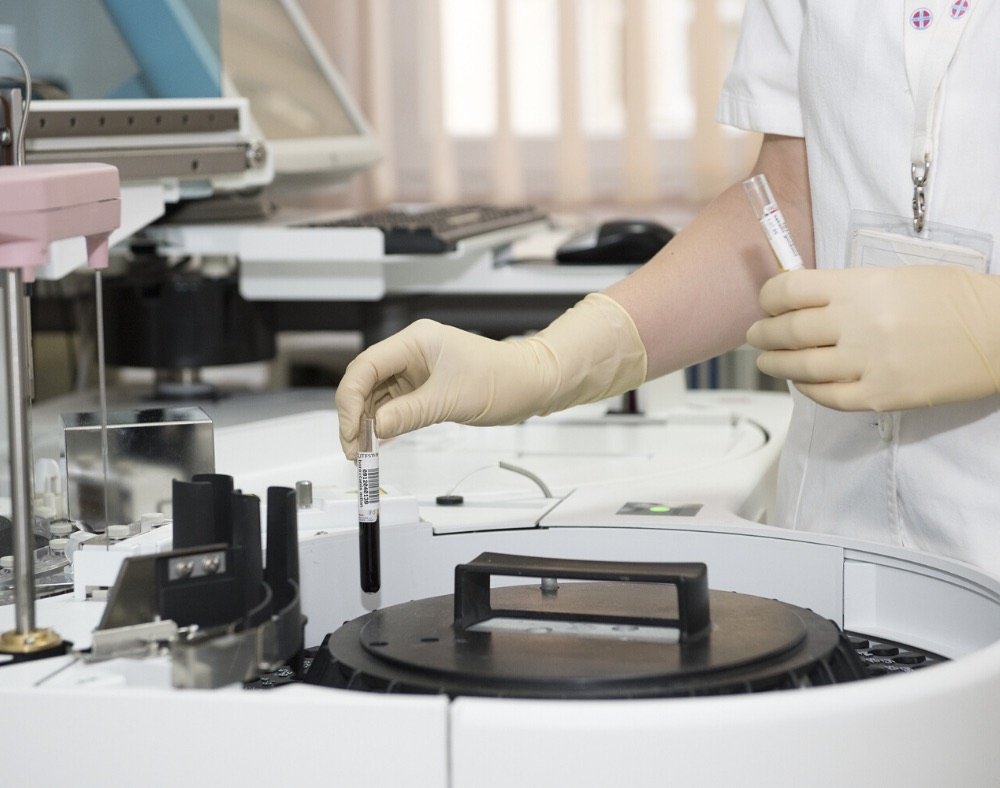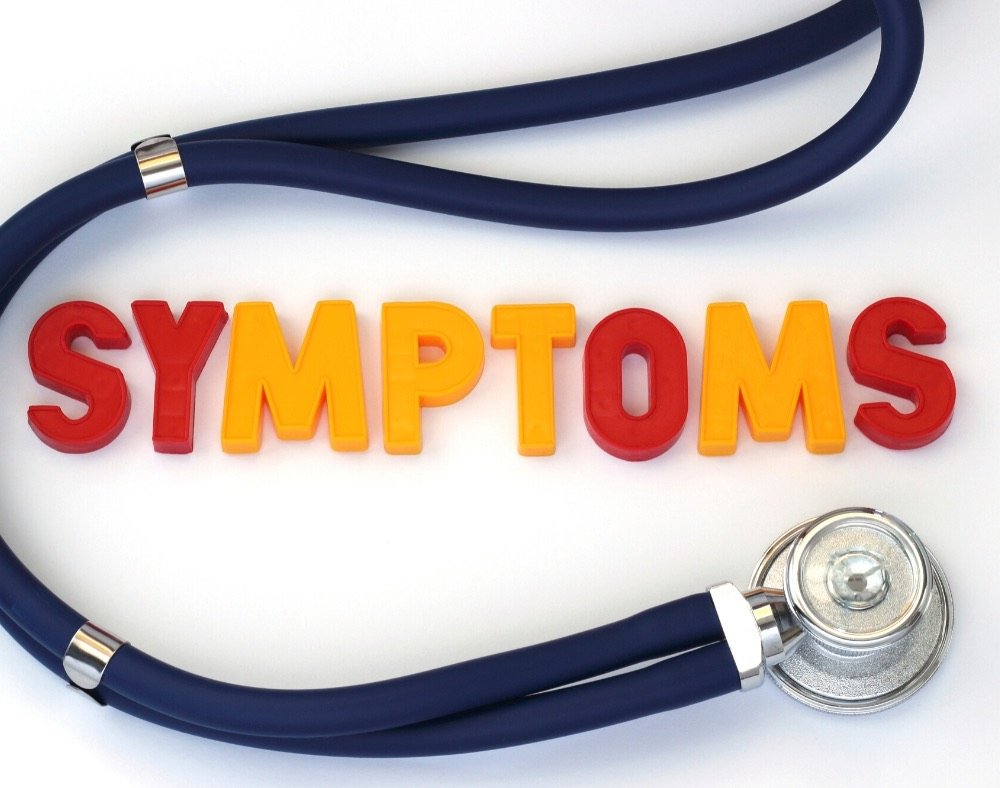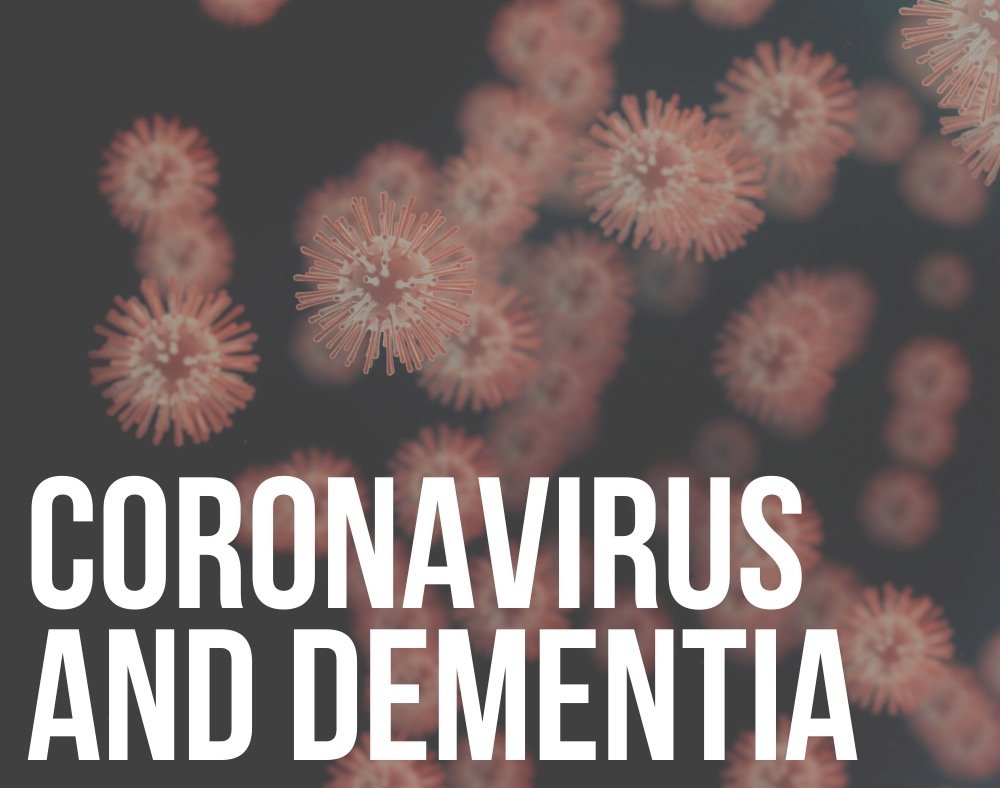There are a few rare diseases that a person can develop one of them being primary progressive aphasia (PPA).
This refers to a neurological syndrome that slowly and progressively impairs language capabilities. It is a result of damage to the sections of the brain that control language and speech.
According to the National Aphasia Association, this is different from the other kinds of aphasia that result from brain injury or stroke.
In other words, it is a rare case of frontotemporal dementia.
This is because neurodegenerative diseases like Frontotemporal Lobar Degeneration and Alzheimer’s disease can also cause PPA.
After all, they lead to the deterioration of brain tissues that are responsible for language and speech.
Contents
Primary Progressive Aphasia: Diagnosis, Symptoms and Treatment
We can divide primary progressive aphasia into three categories namely:
1. Semantic PPA: This is where affected people can no longer voice out certain words. Their ability to recognize words may also start to decline.
2. Agrammatic/nonfluent PPA: Persons with this type of PPA have a hard time forming complete sentences.
3. Logopenic PPA: It is where a person may struggle to locate the right words to speak but still retain the ability to comprehend what other people say.
Diagnosis

When medics suspect that a person has primary progressive aphasia, they usually look at the signs and symptoms that a person is showcasing.
This can include progressive loss of language abilities as well as some behavioral changes.
Doctors may then thoroughly examine family and medical history to see if they can catch the signs of the illness. MRI or CT scans may be done to confirm the diagnosis through brain imaging.
Sadly, with some cases, doctors may not be in a position to determine the specific disease until a person passes on.
Symptoms of Primary Progressive Aphasia

Problems with language and speech are among the most common symptoms of PPA.
They typically show up between the ages of 50-70. These can include:
- Difficulties naming familiar objects
- Trouble understanding the meaning of words
- Struggling to comprehend written or spoken language
- Searching for words resulting in lots of pauses when speaking
- Hard time repeating sentences and phrases
- Struggling to find word substitutions and retrieve words
- Poor grammar when speaking and writing
Worth noting is that symptoms of PPA are usually dependent on the extent of damage to the left hemisphere.
Additionally, other problems associated with the disease can show up later such as memory loss.
Other complications like depression or social and behavioral problems may also crop up as the disease progresses.
Some people have been known to experience poor judgment or develop neurological symptoms like issues with movement to an extent that they need help with day to day living.
How does Primary Progressive Aphasia Progress?

PPA tends to start as a subtle language disorder. For some people, this can be fluent aphasia where they have normal or an increased word production rate.
Others begin with non-fluent aphasia where they produce fewer words and they have challenges with speech.
In rare cases, a person will start by having a difficult time finding the right words to use coupled with progressive deterioration of comprehension and naming.
Over time, the situation becomes worse and in its severe stages, a person is not able to speak nor understand written or spoken language.
The progression patterns are different for different people. It is important to note that while Alzheimer’s causes PPA, it is not a neurodegenerative disease.
A huge percentage of people who have PPA remain independent can stay employed, and can also pursue hobbies and other interests.
Primary Progressive Aphasia Treatment Options

There is still no treatment approved for persons who have PPA.
This is primarily because there is still a lot of research that needs to be done on this illness.
Treatment is mostly geared towards helping a person adapt to the changes that will happen. For instance, anyone with this condition can benefit from learning new communication strategies during the disease.
Professional speech-language pathologists can help with this.
Aphasia Community Groups can also help with teaching new strategies to communicate. Communication assistive devices may also come in handy.
Speech therapists can also help persons with PPA to maintain language skills for the longest possible time.
Non-verbal modes of communication like pointing pictures or gesturing can also be helpful when a person with PPA wants to express themselves.
Doctors in some cases may prescribe SSRIs (selective serotonin reuptake inhibitors) to treat some of the behavioral changes that PPA causes.
These medications are also in use to treat depression and anxiety symptoms.
More studies are underway to identify more effective treatments for primary progressive aphasia.
Risk Factors

Certain factors can increase your risk of developing primary progressive aphasia like
Learning disabilities
People who had learning disabilities while growing up specifically developmental dyslexia might be at higher risk of PPA.
Gene mutations
In a few cases, PPA might be hereditary where a person may end up getting it if their family member had it thanks to rare gene mutations.
Prognosis
Many people who have primary progressive aphasia will typically live with the illness for about 3-12 years after diagnosis.







